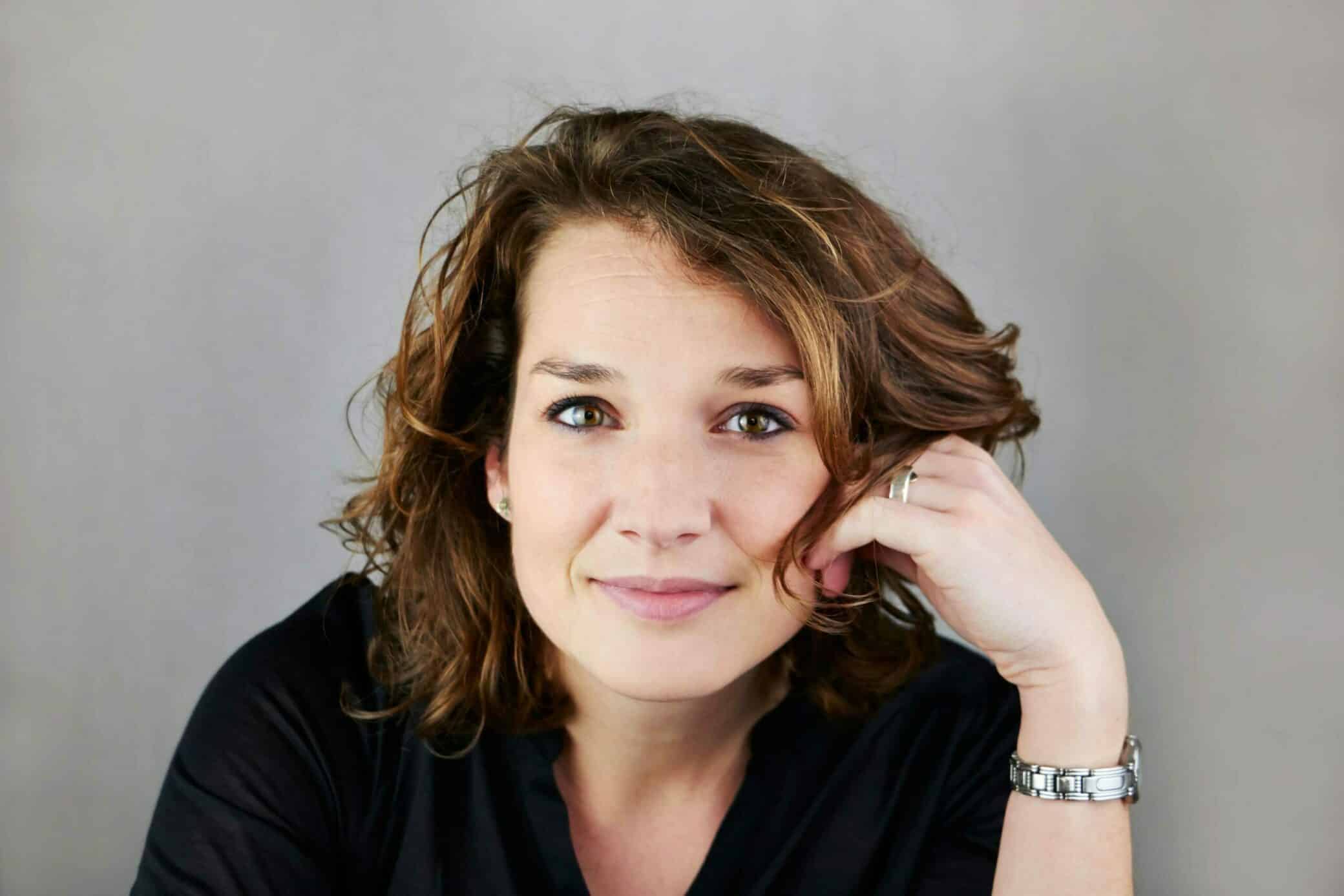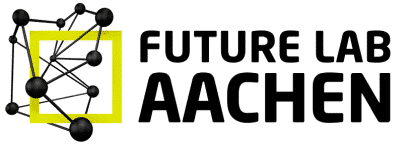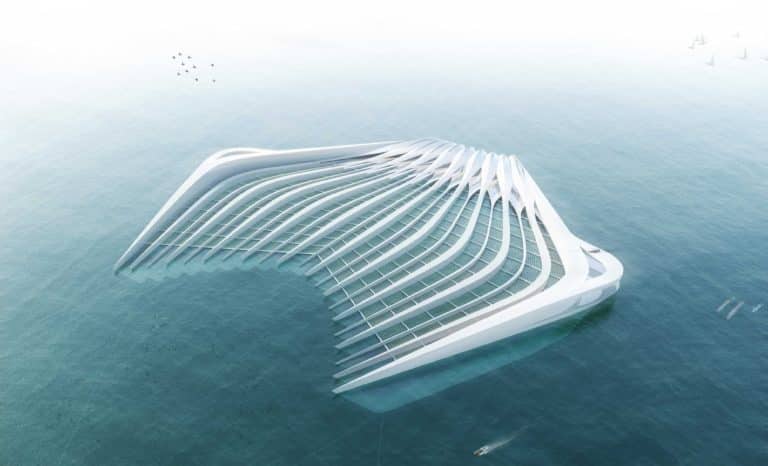
Marcella Hansch, 32, is an architect in Aachen who wants to rid the oceans of plastic waste.
It all started with Marcella Hansch sitting in an aeroplane and reading an article about plastic garbage in the ocean. Then, while diving in the Atlantic Ocean, she actually encountered a plastic bag floating right in front of her nose, and became obsessed with the issue. “Once I got sensitised to the problem, I saw garbage everywhere I looked – on the beaches, too,” says the former RWTH student, who at that time was gearing up to complete her Master degree in Architecture. When she returned to Aachen from her diving holiday, she decided to devote her final dissertation to the design of a type of ship to remove plastic waste from the ocean.
“I wanted to understand how plastic is made, why it ends up in the ocean, and how the giant floating garbage patches form,” says the now 32-year-old. She read mechanical engineering lecture notes, attended lectures on plastics, did research into bionics and wastewater treatment plants, and pursued studies in flow analysis. “All very gross,” she admits.
After testing 200 potential shapes on the computer, she constructed a bulbous-shaped floating platform that calms the marine flow and generates an uplift that brings the plastic particles to the surface, where they can then be skimmed off.
A prototype is scheduled for completion in the next five years
She has now been in a “normal” job in an architect’s office in Aachen for quite some time, but she is still working for her project “Pacific Garbage Screening” (PCS). That wasn’t necessarily the plan, but a newspaper article caught the attention of the media, and she was repeatedly invited to give keynote speeches. The Institute for Hydraulic Engineering and Water Management at the RWTH was so enthusiastic that they put out an invitation to tender for two final dissertations on her project. The findings: the principle works, at least in theory. A good reason to keep going.
Currently there are 40 volunteers – many of them students – working for the architect’s revolutionary idea. “We have a lot of cool, dedicated people on board.” The team shares a workstation in Aachen’s Digital Church.
Through crowdfunding, “Pacific Garbage Screening” collected 230,000 euros in June, and the number of supporters has doubled to 800. “We’re going to use the money to create jobs and fund research to be able one day to realise the technology.” The aim is to build a prototype for deployment in estuaries within the next five years. Hansch’s motto: Don’t be afraid, just do it. “When you’re really fired up about something, everything is possible,” she says.
Using this platform, Marcella Hansch intends to rid the oceans of plastic waste. (Visual: Pacific Garbage Screening)
First published in klenkes neo, Autumn 2018



